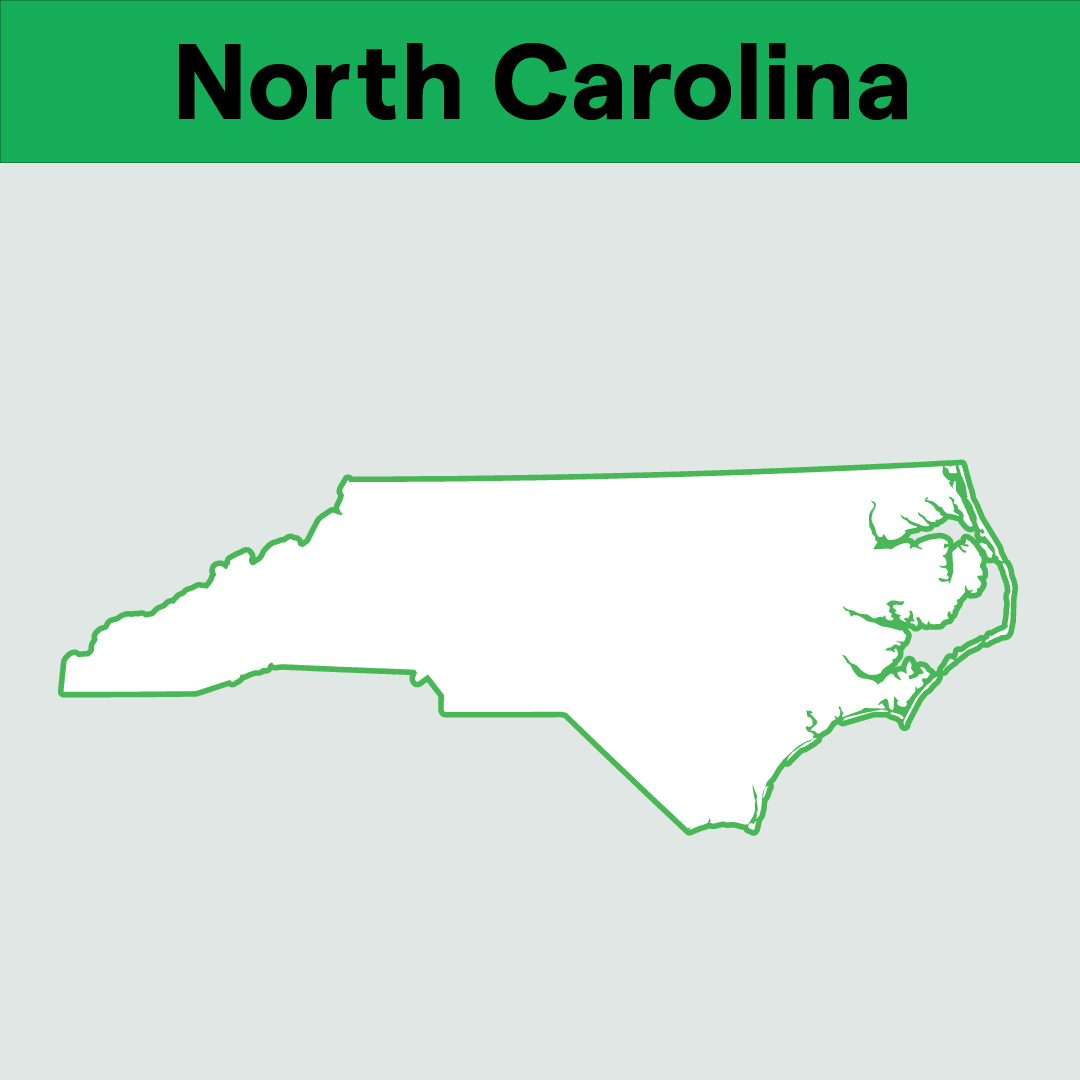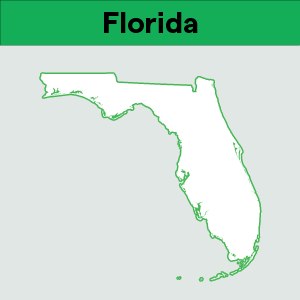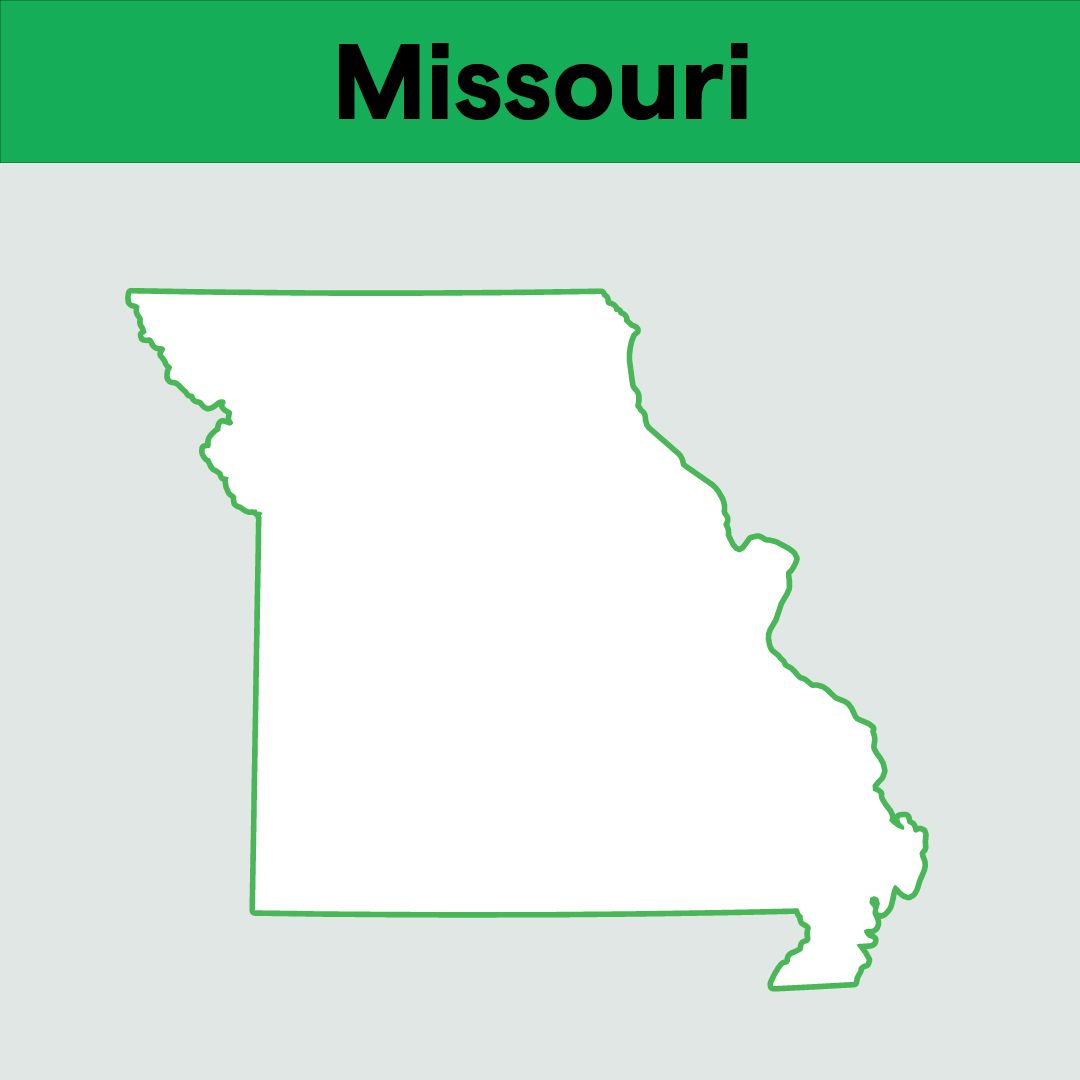The Kansas Economic Nexus Controversy, Explained
by October 6, 2020
Updated July 2021
After the South Dakota v. Wayfair Supreme Court ruling, nearly every US state passed an “economic nexus” rule or law.
Economic nexus occurs when a business is not based in a state but exceeds a state-mandated threshold of sales volume or sales transactions. Once a business exceeds the state’s threshold, they have economic nexus and are then required to collect sales tax from all buyers from that state.
Each state’s economic nexus rule or law is slightly different, but most states have a “small seller exemption.” This is also sometimes called a “safe harbor” for small sellers.
For example, the economic nexus threshold in most states is some combination of $100,000 in sales or 200 sales transactions to buyers in the state. If an e-commerce business doesn’t exceed these thresholds, then they do not have to worry about collecting sales tax in states with “small seller exemptions” until their business grows larger.
Prior to May 2021, Kansas had no exception for small sellers, meaning there was no revenue threshold. This meant that all remote sellers, regardless of their total sales, were required to register with the state and start collecting and remitting taxes beginning October 1, 2019. As of 2021 however, Kansas has passed economic nexus laws. More on that here.
Here some history on Kansas’s journey to economic nexus laws.
What’s the deal with Kansas sales tax?
Kansas is the one state that, under Kansas Department of Revenue Notice 19-04, requires that all eCommerce sellers – no matter how large or small – who make sales into Kansas register for a sales tax permit and collect sales tax from Kansas buyers.
According to the notice:
Kansas imposes its sales and use tax collection requirements to the fullest extent permitted by law. Specifically, as noted above, K.S.A. 79-3702(h)(1)(F) provides that a retailer doing business in this state means:
(F) any retailer who has any other contact with this state that would allow this state to require the retailer to collect and remit tax under the provisions of the constitution and laws of the United States.
In other words, Kansas requires that any online seller who makes sales in Kansas to register for a Kansas sales tax permit and collect sales tax from all Kansas buyers.
There is no small seller exemption. According to the letter of the law and this notice, even if you only make a handful of sales in your eCommerce store, if one of those sales is to a buyer in Kansas, then you and your eCommerce business are on the hook for Kansas sales tax compliance. Ouch.
Important note: “Economic nexus” refers to out-of-state or “remote” sellers. If your business is located in Kansas or you have other sales tax nexus in Kansas then you’re also likely required to register for a Kansas sales tax permit.
But then the plot thickened…
The Kansas Attorney General Steps In
Two Kansas lawmakers, understandably, had questions about the legality of Kansas going so much farther on the matter of economic nexus than all of the other US states with economic nexus laws. They requested a ruling from Kansas Attorney General Derek Schmidt on the legality of requiring every online seller selling into Kansas to comply with Kansas sales tax law.
In a letter, Attorney General Schmidt looked at the facts and concluded:
“…the Department’s new interpretation of K.S.A. 79-3702(h)(1)(F) and its associated new enforcement policy, as described in Notice 19- 04, were not a valid exercise by the Department.”
And that the Kansas Department of Revenue’s actions:
“are a legally insufficient basis to begin requiring collection and remittance of retail sales or compensating use taxes by out-of-state retailers with no physical presence in the State. …We think the categorical rule as implied in the Notice… that requires all out-of-state retailers collect and remit is inconsistent with Wayfair, has not been lawfully adopted and is invalid.”
While the letter is written in legal language, it also gets its point across. In other words, the Kansas Attorney General flat out disagreed with the Kansas Department of Revenue when it comes to enforcing Kansas sales tax on small sellers.
A Fix-It Bill Dies Before Passage
In response, Kansas lawmakers introduced a couple of bills (SB 266 and HB 2014) that would have required that Kansas, like other US states with economic nexus laws, provide a small seller exemption.
Both bills stated that only sellers who made $100,000 or more in the previous or current calendar year would be required to register for a Kansas sales tax permit and collect Kansas sales tax.
A 2021 update
Beginning July 1, 2021, remote e-commerce sellers who fit the following criteria are considered to have Kansas economic nexus:
-
- More than $100,000 of cumulative gross receipts from sales to customers in the state for the period of January 1, 2021, through June 30, 2021 or
- More than $100,000 of cumulative gross receipts from sales to customers in the state during the current or immediately preceding calendar year.
Kansas requires that e-commerce sellers, or marketplaces, who meet their new criteria register for a Kansas sales tax permit and begin collecting sales tax when making sales to buyers in the state of Kansas.
You can read guidance on the text of Kansas economic nexus law here.
Should you register for a Kansas sales tax permit?
Kansas requires that e-commerce sellers, or marketplaces, who meet their new criteria register for a Kansas sales tax permit and begin collecting sales tax when making sales to buyers in the state of Kansas.
Ready to automate sales tax? Try TaxJar for free with our 30-day, no risk trial. No credit card required.








